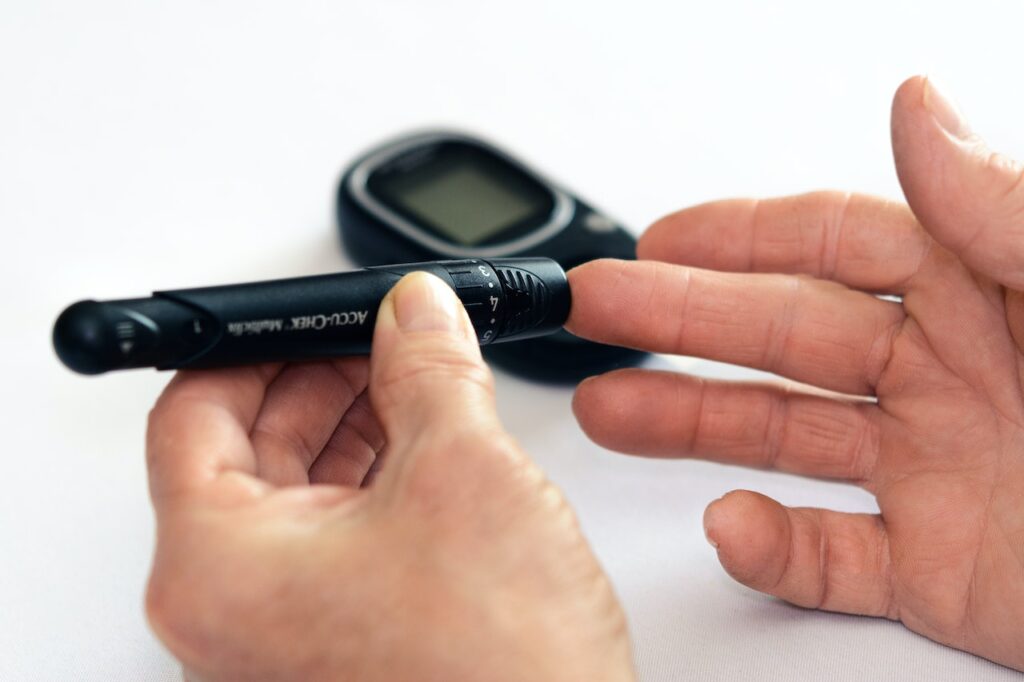Diabetes - Health Profile Check Up
A thorough evaluation of numerous health markers is often part of a health profile check-up for diabetics in order to monitor their overall health condition and identify any potential issues. A health profile check-up for diabetes may comprise the following significant elements:

Blood Glucose Monitoring
A crucial component of diabetes therapy is routine blood glucose monitoring. To evaluate glycaemic management, blood sugar levels during fasting and postprandial (after meals) are measured. Self-monitoring tools or laboratory testing can be used for this.

Glaciated haemoglobin (HbA1c) test
The HbA1c test gives an indication of the average blood sugar levels over the previous two to three months. It is employed to evaluate long-term glucose control and keep track of how well diabetes care techniques are working.
Various lipid markers, including total cholesterol, LDL cholesterol, HDL cholesterol, and triglycerides, are measured through a lipid profile. Due to the increased risk of heart disease in people with diabetes, it aids in the evaluation of cardiovascular risk factors.

Measurement of Blood Pressure
People with diabetes must regularly measure their blood pressure. Heart disease and other consequences are risk factors for high blood pressure that are further increased. The goal range for blood pressure should be maintained, as advised by medical professionals.

Eye Exam
For the detection and treatment of diabetes-related eye problems including diabetic retinopathy, routine eye exams, including dilated eye exams, are crucial. The condition of the eyes will be assessed by an ophthalmologist or optometrist, who will look for any indications of retinal injury.
A comprehensive foot examination is essential for diabetics to identify any indications of neuropathy, poor circulation, or foot ulcers. Sensation, circulation, skin health, and foot abnormalities may all be examined. Early treatment of foot problems can help avoid complications.
Monitoring weight and BMI allows for the assessment of body composition overall and the effectiveness of weight loss attempts. It’s crucial to keep a healthy weight in order to manage diabetes and lower the risk of complications.

Lifestyle Evaluation
A health profile check-up for diabetes may also include a lifestyle evaluation of aspects of the patient’s lifestyle, such as their level of physical activity, food preferences, smoking status, and alcohol intake. The management of diabetes and general health are significantly influenced by these variables.

Review of Medication
The healthcare provider may go through the diabetes drugs being taken, evaluate their efficacy and potential adverse effects, and make any required modifications.
Regular health profile exams give important information about a person’s overall health and ability to control their diabetes. To decide the frequency and particular tests needed depending on individual needs and medical history, it is crucial to speak with a healthcare practitioner who specialises in diabetes treatment.
